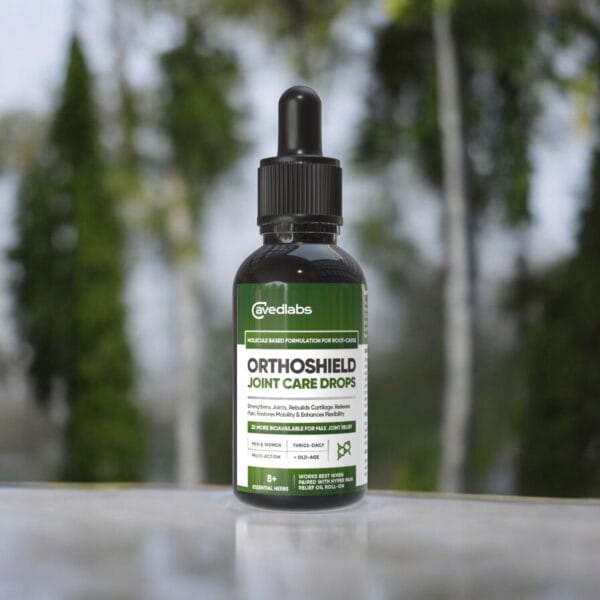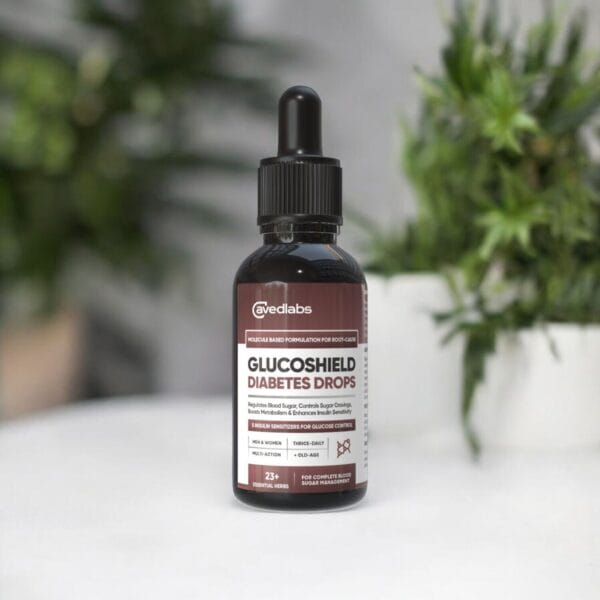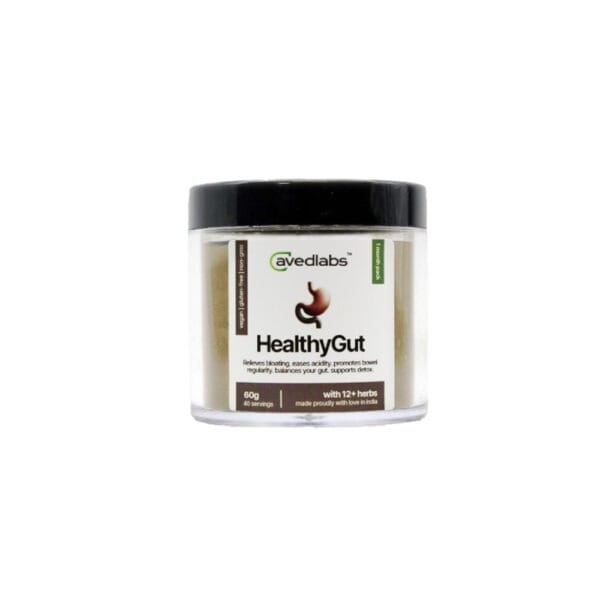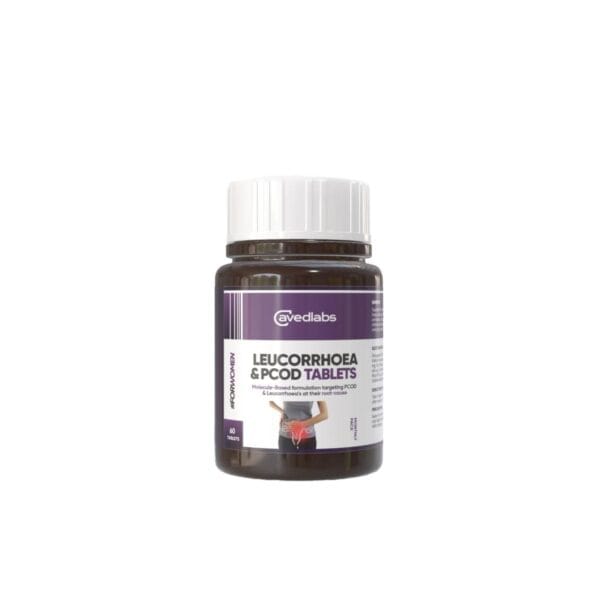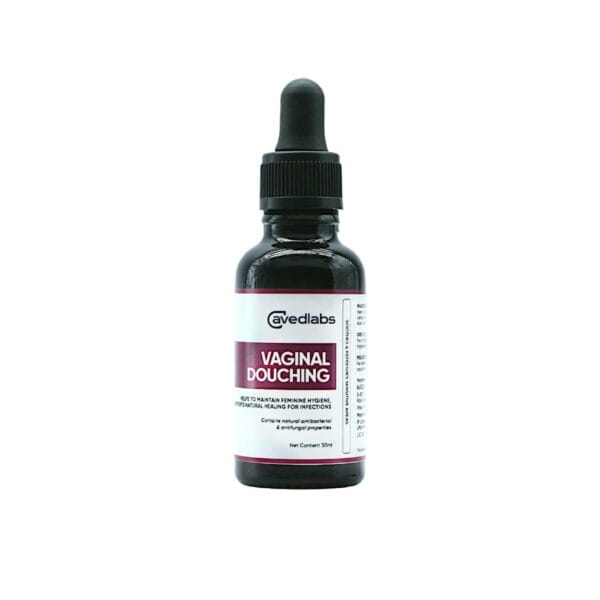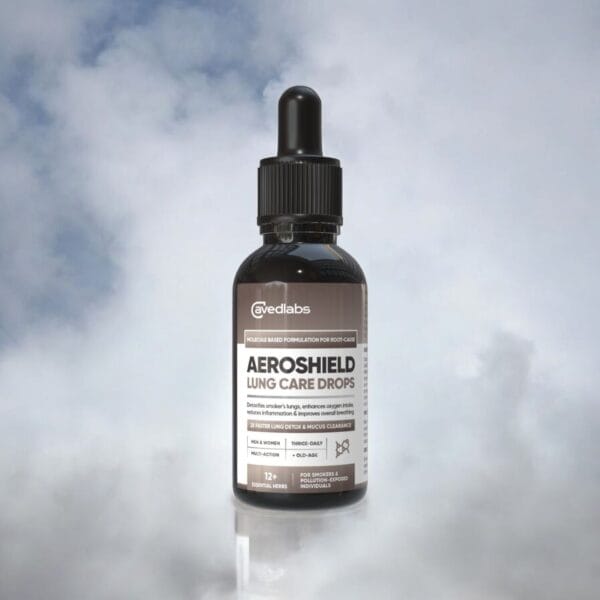The Ultimate Guide to Herbal Remedies for Gut Health
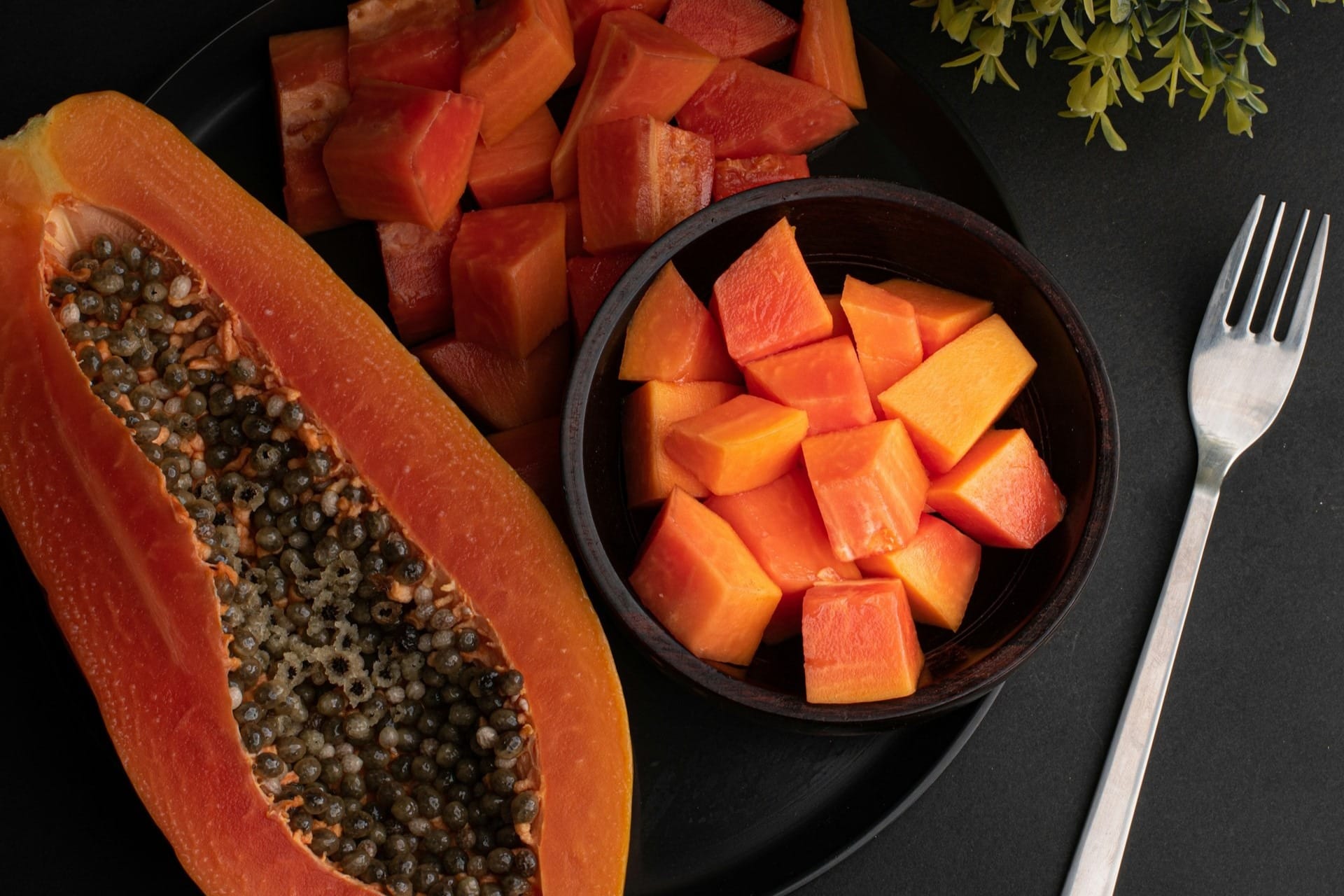
In recent years, gut health has become a central topic in wellness discussions. The gut, often referred to as the “second brain,” plays a crucial role in not just digestion but also in overall well-being, influencing everything from mood to immunity. As more people turn towards natural remedies for health management, herbal solutions for gut health have surged in popularity.
This guide will delve into the powerful effects of specific herbs on digestive health. We’ll explore how incorporating these natural remedies into your daily life can enhance gut function, alleviate discomfort, and promote long-term wellness.
1. Understanding Gut Health
1.1 What is Gut Health?
Gut health refers to the balance and function of bacteria and other microorganisms in the gastrointestinal tract. The gut microbiome, a diverse community of bacteria, fungi, and viruses, plays a pivotal role in breaking down food, absorbing nutrients, and supporting the immune system. An imbalance in this microbiome can lead to various health issues, including digestive disorders, weakened immunity, and even mental health conditions like anxiety and depression.
Maintaining a healthy gut is essential for optimal digestion and overall health. A balanced gut microbiome supports efficient nutrient absorption and toxin elimination, promoting vitality and energy.
1.2 Signs of Poor Gut Health
Symptoms of an unhealthy gut can vary widely but commonly include:
- Bloating and gas
- Indigestion and heartburn
- Irritable Bowel Syndrome (IBS)
- Constipation or diarrhea
Several factors can disrupt gut health, including:
- Diet: High intake of processed foods and low fiber.
- Stress: Chronic stress negatively impacts gut flora.
- Lifestyle: Lack of exercise and poor sleep.
- Antibiotics: Overuse can kill beneficial gut bacteria.
2. The Role of Herbs in Gut Health
2.1 Why Choose Herbal Remedies?
Herbal remedies offer a natural and holistic approach to gut health. Unlike conventional medications that may come with side effects, herbs support the body’s natural processes and promote long-term balance. They are often rich in anti-inflammatory, antimicrobial, and antioxidant properties, making them highly effective in soothing and restoring gut health.
2.2 How Herbs Support Digestive Health
Herbs enhance digestion by:
- Reducing inflammation: Many herbs have anti-inflammatory compounds that soothe the gut lining.
- Balancing gut flora: Antimicrobial properties help manage harmful bacteria while promoting beneficial ones.
- Supporting digestion: Certain herbs stimulate the production of digestive enzymes and bile.
3. Top Herbal Ingredients for Gut Health
3.1 Mulethi (Licorice Root)
Benefits: Mulethi is known for its soothing properties, reducing inflammation in the digestive tract and helping with ulcers and acid reflux. It also strengthens the mucous lining of the stomach, protecting it from harsh digestive acids.
How to use: Mulethi can be consumed as a tea, in powdered form, or as a supplement.
3.2 Turmeric
Benefits: Turmeric’s active compound, curcumin, is a potent anti-inflammatory. It supports the gut lining and promotes healthy digestion, reducing symptoms of bloating and gas.
Usage: Use turmeric in cooking, as tea, or take curcumin supplements for targeted benefits.
3.3 Fermented Papaya
Benefits: Fermented papaya is rich in digestive enzymes like papain, which aid in breaking down proteins and enhancing nutrient absorption. It helps balance the gut microbiome, supporting a healthy digestive system.
How to consume: Fermented papaya can be taken as a supplement or incorporated into diets as a fermented food.
3.4 Guava
Benefits: Guava is high in dietary fiber, which promotes regular bowel movements and prevents constipation. It is also rich in antioxidants, which protect the gut lining from oxidative stress.
Ways to use: Consume fresh guava, add it to smoothies, or brew guava leaf tea.
3.5 Methi (Fenugreek)
Benefits: Methi seeds are mucilaginous, which means they swell when soaked in water, creating a soothing gel that coats the stomach lining. This helps relieve indigestion and promotes regular bowel movements.
Methods: Soak methi seeds in water overnight and drink the infused water, or use powdered methi in recipes.
3.6 Ginseng
Benefits: Ginseng is known to enhance digestive function and reduce gut inflammation. It also provides an energy boost, supporting overall vitality.
How to take: Ginseng can be consumed as tea, in extracts, or in capsule form.
3.7 Triphala
Benefits: A traditional Ayurvedic remedy, Triphala is a blend of three fruits that synergistically cleanse the colon, support digestion, and maintain a healthy gut flora balance.
Usage: Use Triphala as a powder mixed with warm water or take it in capsule form.
3.8 Jeera (Cumin)
Benefits: Jeera is well-known for its digestive properties, helping to relieve gas, bloating, and indigestion. It also enhances the activity of digestive enzymes.
Consumption: Add cumin to dishes, prepare cumin water, or use it as a seasoning for various meals.
3.9 Ginger
Benefits: Ginger is a powerful anti-inflammatory that helps reduce nausea and aids digestion. It stimulates gastric emptying, which can prevent bloating and discomfort.
Forms: Consume ginger fresh, as tea, or in supplement form.
3.10 Ashoka Bark
Benefits: Traditionally used for its cooling and astringent properties, Ashoka bark supports digestive health by reducing inflammation and soothing the stomach.
Uses: It can be prepared as a decoction or added to herbal blends for digestive relief.
4. Incorporating These Ingredients into Daily Life
4.1 Herbal Teas and Decoctions
Create soothing teas using a combination of Mulethi, Ginger, and Turmeric. These blends not only taste great but also provide a powerful boost to digestive health.
4.2 Cooking with Herbs
Integrate Jeera, Turmeric, and Methi into your daily cooking. These spices not only enhance flavor but also aid digestion and nutrient absorption.
4.3 Supplements and Powders
Incorporate Triphala, Ginseng, and Fermented Papaya into your routine through supplements or powders for convenient, targeted digestive support.
5. Complementary Lifestyle Changes for Gut Health
5.1 Balanced Diet
A diet rich in fiber, fermented foods, and hydration is crucial for maintaining a healthy gut.
5.2 Stress Reduction
Practices like meditation and yoga help manage stress, which in turn supports gut health.
5.3 Regular Exercise
Physical activity promotes regular bowel movements and overall digestive efficiency.
6. Precautions and Considerations
6.1 Possible Side Effects
While herbs are generally safe, some may cause allergic reactions or interact with medications. Always start with small amounts.
6.2 Consulting a Healthcare Professional
Before beginning any herbal regimen, consult with a healthcare provider to ensure safety and efficacy, especially if you have preexisting conditions.
Conclusion
Herbs like Mulethi, Turmeric, and Triphala offer powerful support for gut health, promoting a balanced microbiome and easing digestive discomfort. By integrating these natural remedies into your daily life, you can enhance your digestive wellness and overall health. Start small, observe the changes, and enjoy the journey to a healthier gut.


